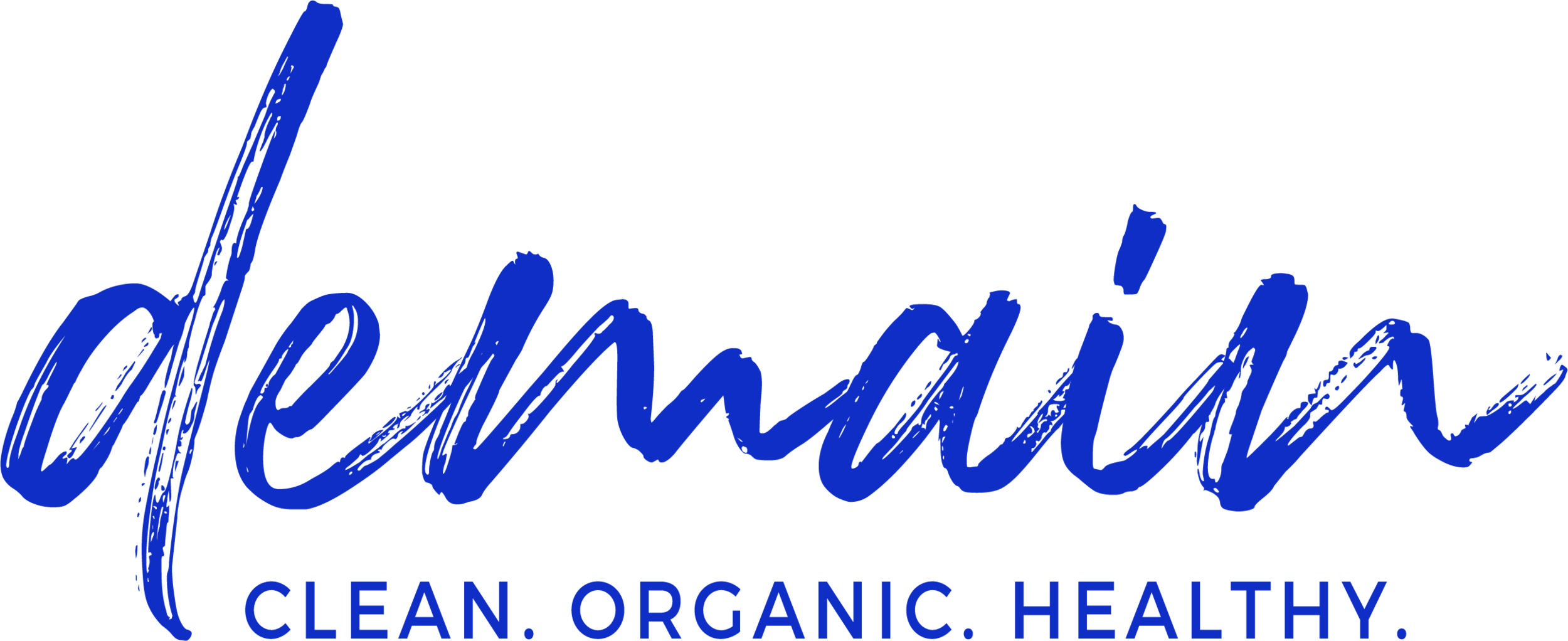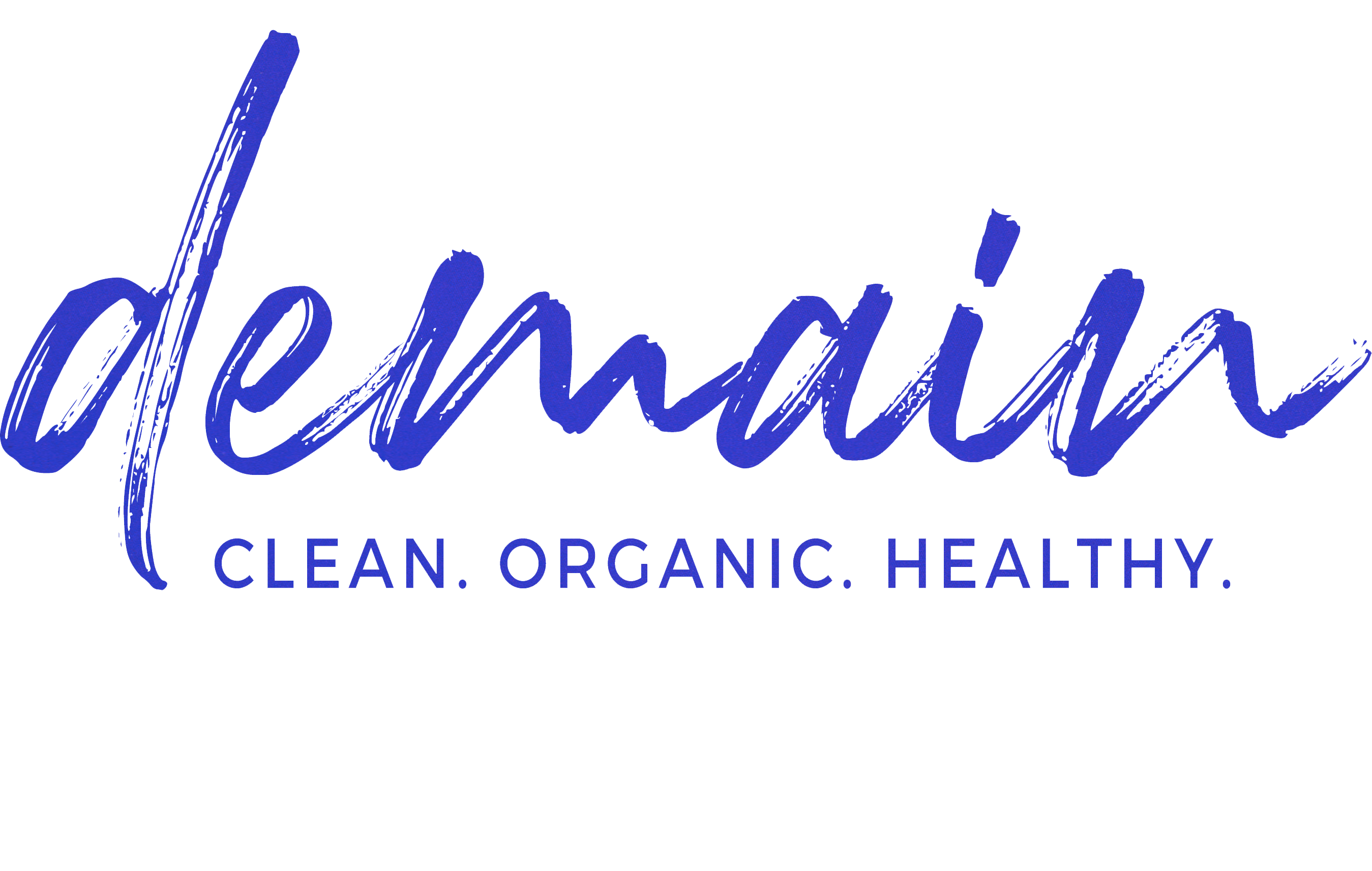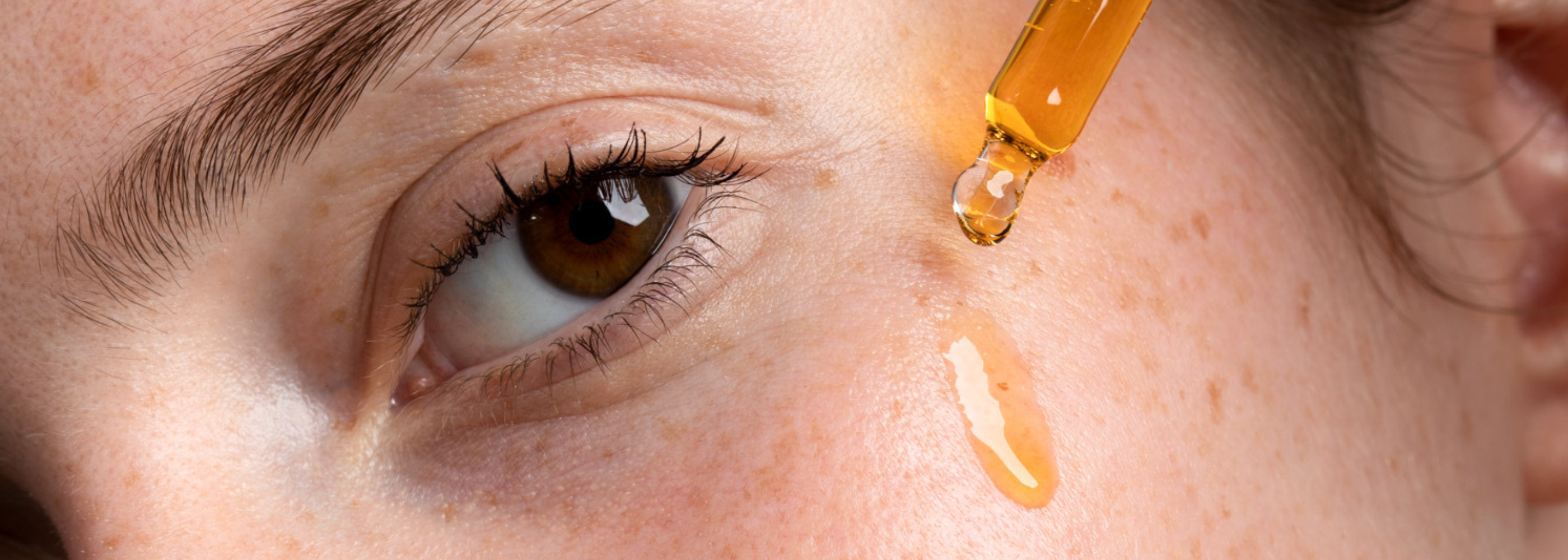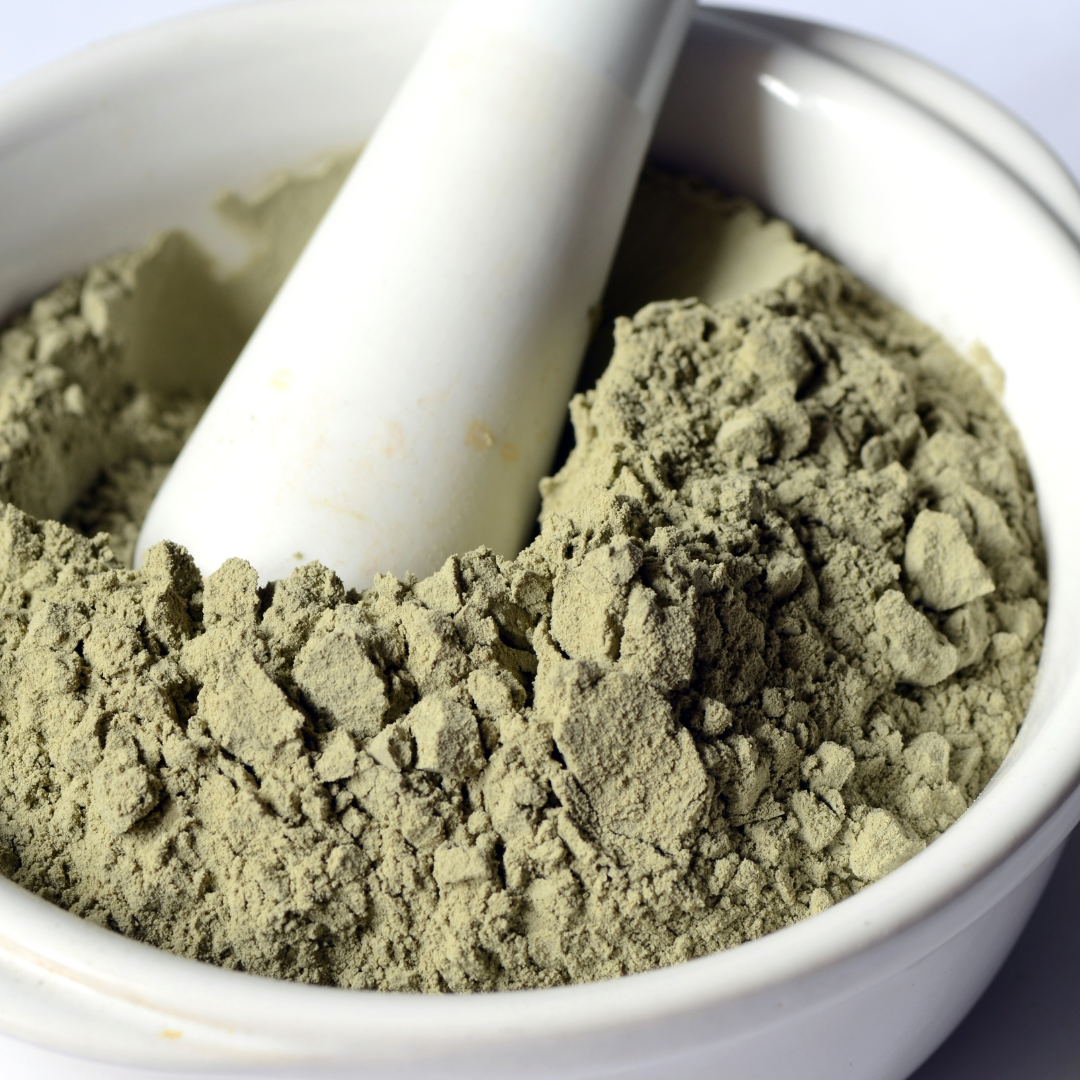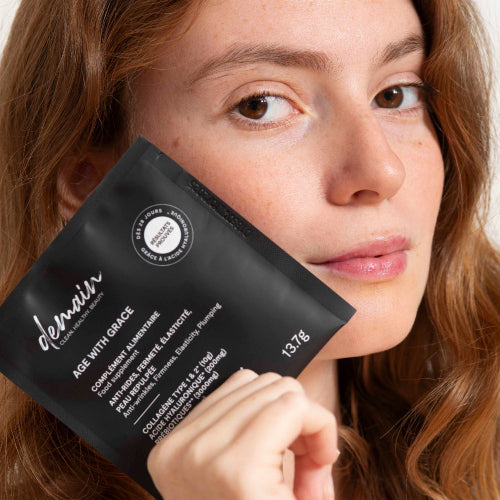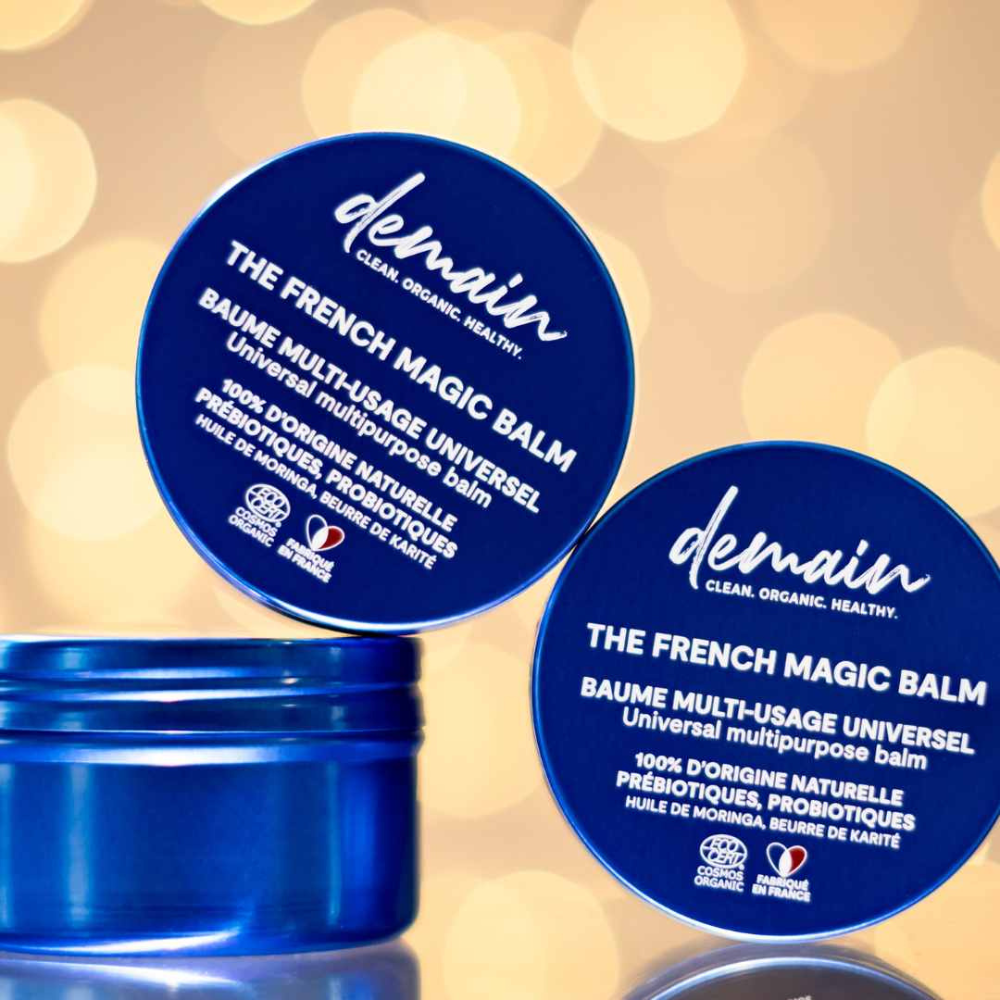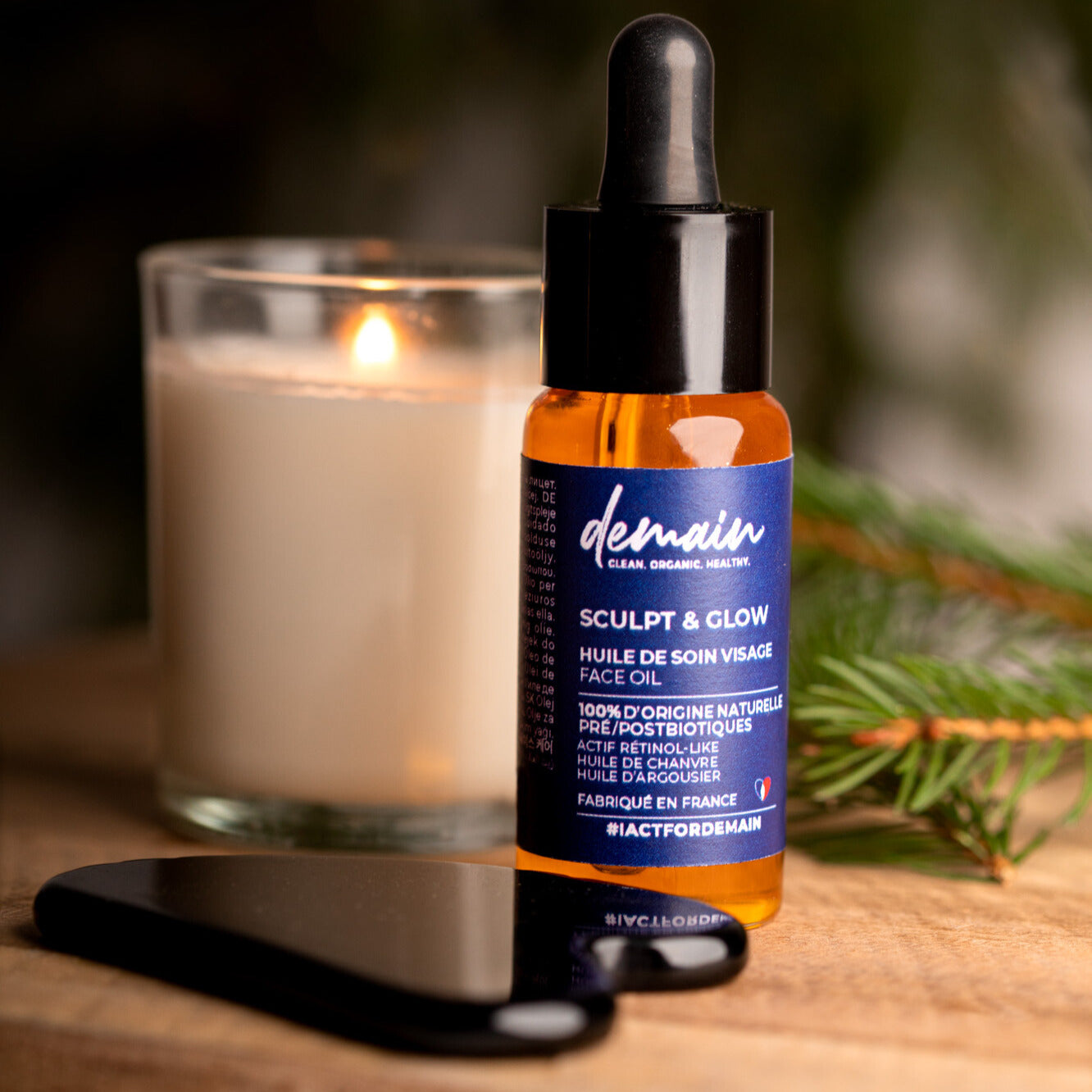Tomorrow's beauty, a promise of 100% clean products
At Demain®, we want our products to be as healthy as possible for our skin, our health, and our planet. We have therefore imposed the strictest specifications on ourselves to guarantee the safety of our formulas:
- No chemical or petroleum-derived ingredients
- Zero palm oil out of respect for animals and the planet
- Formulas made from 100% natural ingredients
- Cosmos Organic certified organic cosmetics by Ecocert with a minimum of 61% ingredients from organic farming.
Visit our store and discover our healthy , clean beauty treatments for all skin types.
Also discover all our other commitments .
Credits: article written in collaboration with Fiona Bazzana
“Clean Beauty” advocates for healthier beauty products, without ingredients that are toxic to health or the environment.
Where does this "clean beauty" trend come from?
Clean Beauty has its origins in the United States, where cosmetic regulations prohibit 30 ingredients in the composition of products, compared to more than 1,300 in Europe.
When the news was relayed by major influencers, such as Gwyneth Paltrow, American women began to pay close attention to the ingredients in their creams. This phenomenon quickly spread to Europe and around the world.
Clean Beauty in France
In France, the revelation in the UFC magazine " Que choisir " in March 2015 denouncing 13 toxic or dangerous products present in our cosmetic products acted as a detonator.
This is a shock for the French, who are realizing that they can no longer trust their favorite brands. A wake-up call is underway for the beauty industry.
This craze for health-friendly beauty products has not escaped the attention of distributors, who now devote entire corners to them.
New, healthier cosmetic concepts are appearing every day and major brands are starting to offer cleaner compositions.
But what substances should we avoid?
How can I be sure that my product only wants to do me good and matches my values?
Clean Cosmetics: What is it?
Definition
In theory, a product is "clean" when it is free of any ingredient suspected of being harmful to health or the planet. Its composition is safe for the body and skin.
Harmful ingredients
Among the harmful ingredients, we find in particular: ingredients suspected of being carcinogenic (BHA, PEG, Diethanolamine, certain colorants, etc.), endocrine disruptors (phenoxyethanol, parabens, phthalates, triclosan).
Then there are ingredients that are harmful to the environment and animals, such as palm oil, silicones, and other mineral oils.
These substances are comedogenic, irritating to the skin, but also very polluting, because they are non-biodegradable and therefore have a strong ecological impact.
And yet they are present in many products!
Are there any certifications?
The problem is that there is currently no universal "clean" label, nor any independent organizations that attest to the purity of a product.
Some brands that have created "clean" labels to help their consumers understand their products still allow phenoxyethanol, among other things.
Some of the most well-known brands continue to launch products containing this ingredient. Certainly at the percentage permitted by European regulations, but ignoring the cocktail effect to which their consumers are exposed.
Which app can I use to check the composition of my products?
We can rely on mobile applications to help us analyze the compositions and detect the presence of harmful substances.
To help consumers analyze the formulations of cosmetic products, several mobile applications have been developed:
Clean Beauty : Allows you to scan products and identify potentially harmful ingredients.
INCI Beauty : offers a detailed analysis of product composition.
Yuka : evaluates products based on their impact on health, assigning scores based on ingredients.
These tools facilitate informed consumption in beauty.
Organic label = zero risk?
Should we then turn to organic labels and cosmetics? We tell you about it in this article: Organic labels: health and environmental impacts .
The organic label offers a guarantee on several aspects. It certifies that the product is composed of at least 95% natural or naturally derived ingredients.
In addition, 95% of the plants in the composition must come from organic farming. Here are some recognized organic labels:
- Cosmos : it brings together several European organizations and sets minimum standards for natural and organic cosmetics.
- Natrue : This international label guarantees natural and organic products, without synthetic ingredients.
- Nature & Progrès : This French label is one of the strictest. It prohibits the use of silicones and petrochemical derivatives.
However, an organic label does not entirely exclude the presence of allergens, hence the importance of always checking the list of ingredients.
So keep your eyes open, scan your barcodes, and watch out for greenwashing!
